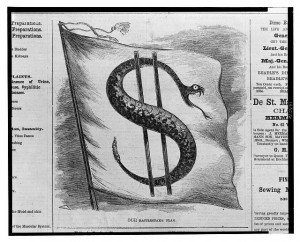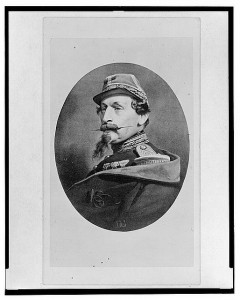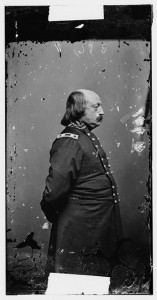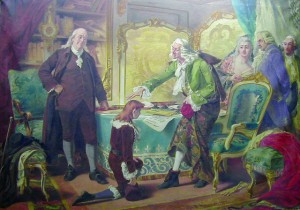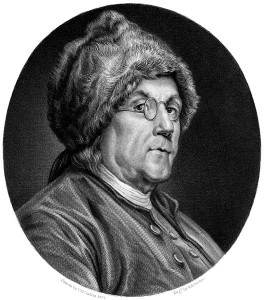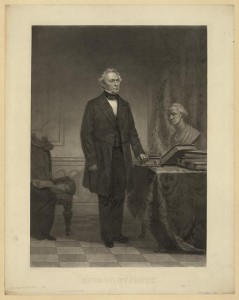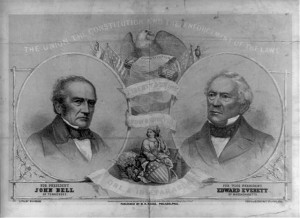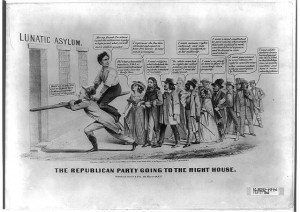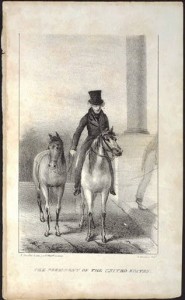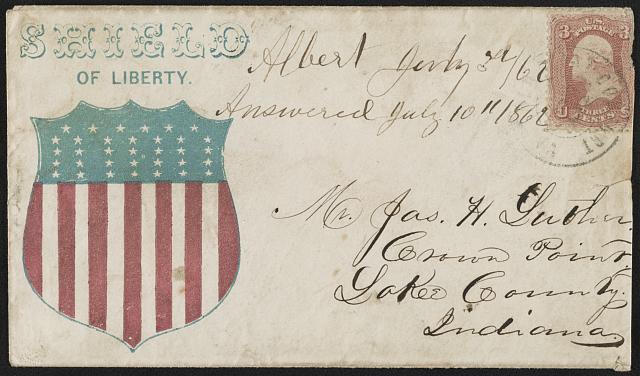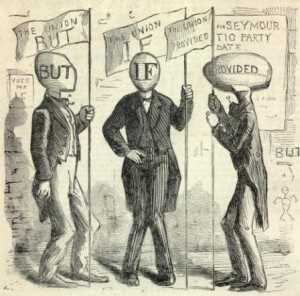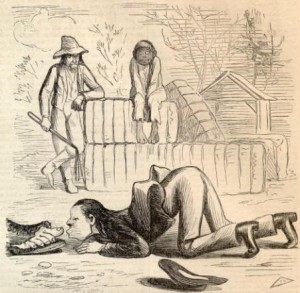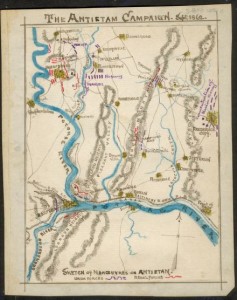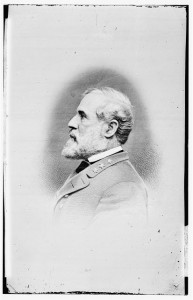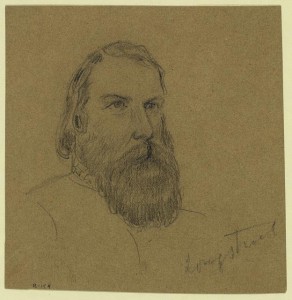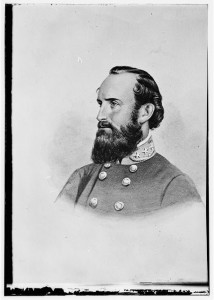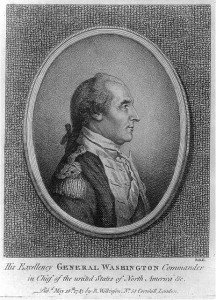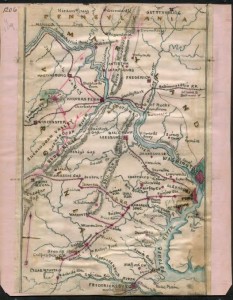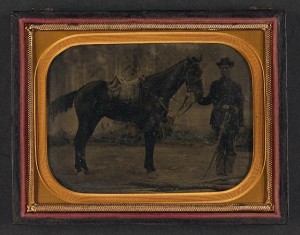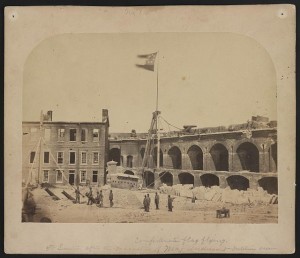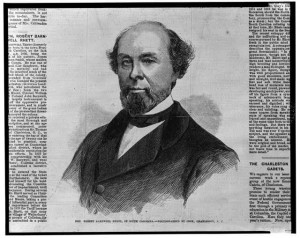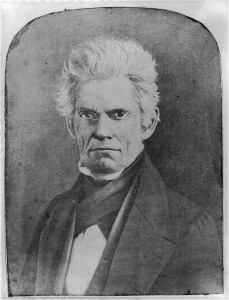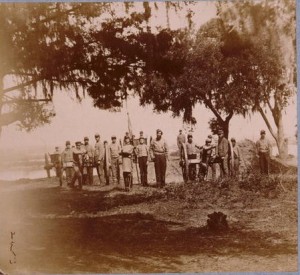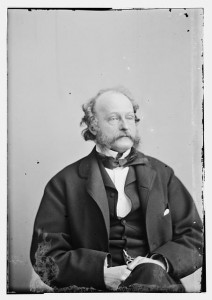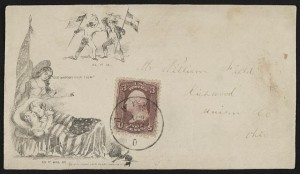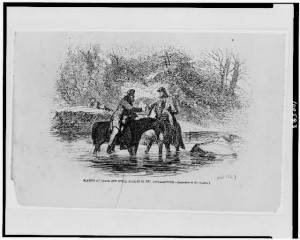From the Richmond Daily Dispatch November 4, 1862:
Deifying the Dollar.
The Union is only another name with the North for the Dollar. It is the Almighty Dollar which they worship, and the Union is only its [o]utward symbol and expression. We do not speak of the deluded masses, who have no doubt a highly intelligent notion that the United States of America are the chosen people of Heaven, and called into being for the express purpose of enlightening and regenerating the of [?] …The political and commercial leaders, however, understond the subject better. The Union with them means Cotton, Commerce, Manufacturer, Trade, S[u]gar, and Tobacco. That is the “glorious Union” they shout hosannahs to, and are endeavoring to preserve by the wholesale butchery of our people. Does any one suppose that, if “the Union” would not “pay,” they would ever take one feeble hurrah for it or that they would even permit it to exist? There is not a case of garroting in Richmond which swings from more mercenary motives than the wholesale garroting of the Southern people which the North is attempting in this war. With their deadly grip around the thr[o]at of their victim, these Federal garroters cry out, “All ha[i]l, the glorious Union!” And they express their amazement that the garroted are not equally in ecstacies with the operation.
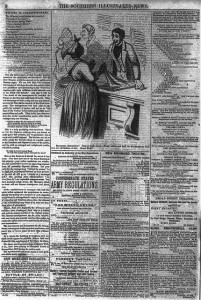
Cartoon showing African American examining yardgoods and saying to clerk, “What! Dollar and half fer dis ninepence caliker, an’ ole fashion at dat! Great King!”.
Well has the voice of Inspiration declared that “the love of money is the root of all evil.” In one or other of its multitudiuous forms, it is the prolific sour[ce] of national and individual crimes, and of most of the wars and bloodshed that have converted the earth at times into a hell. We are sorry to see within our own limits a spirit of greed and covetousness entirely foreign to the character of our people, and which is doing more to paralyze our struggles for independence than all the arms of our enemies. The speculators and extortioners in the South are likely to cause more distress and suffering than all the hordes of Yankeedom. We see no difference between them and the Yankees. Both are acting from the same love of money, and laboring for the same end. Those ravenous wretches who see[m] to convert the Temple of Liberty into a den of thieves, deserve to be scourged with a lash of scorpions from the s[a]cred precincts which they are def[y]ing and, as far as in them lies, bringing into contempt.
The cartoon of the black woman commenting about the extortionary prices was published in The Southern Illustrated News, which was published in Richmond from 1862-65 to be like a Confederate Harper’s Weekly. This particular link points out “eerie coincidences” in the December 5, 1863 issue.

